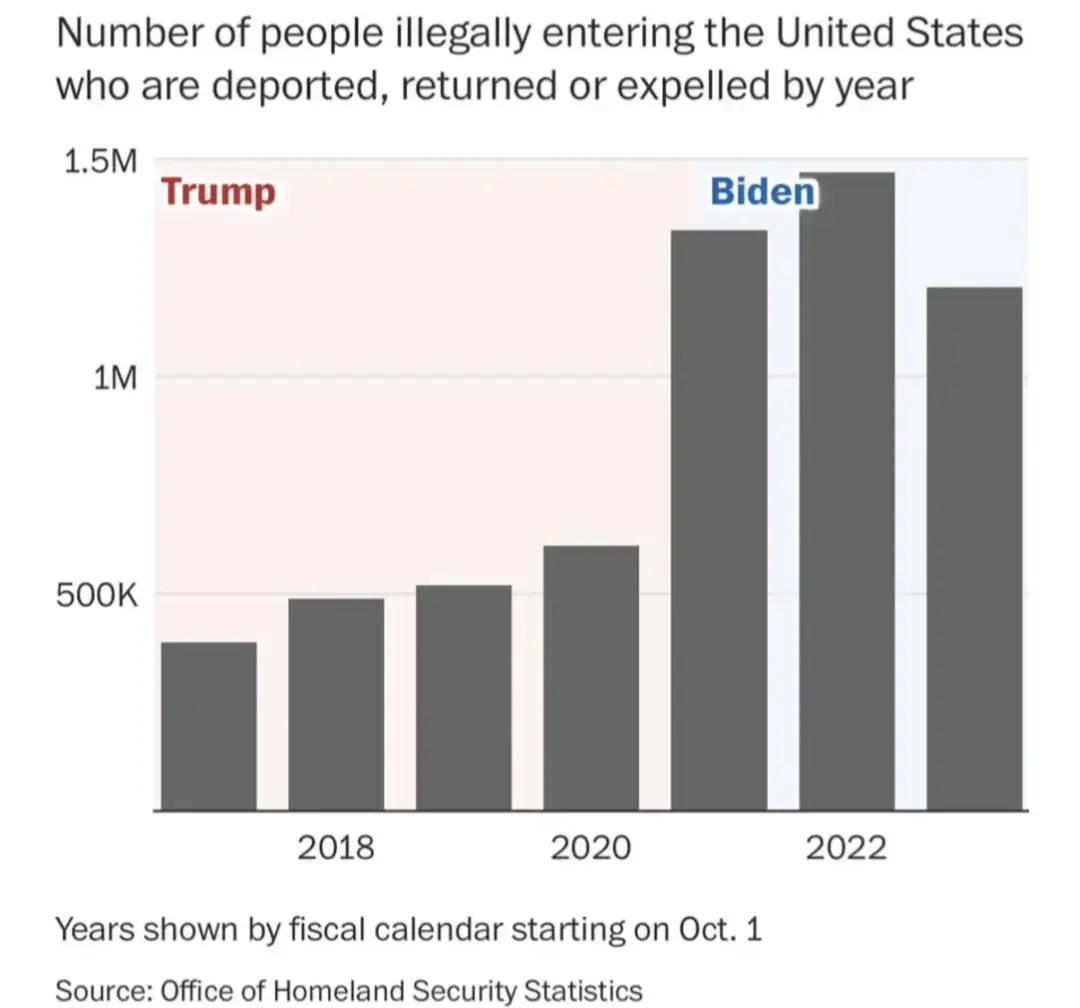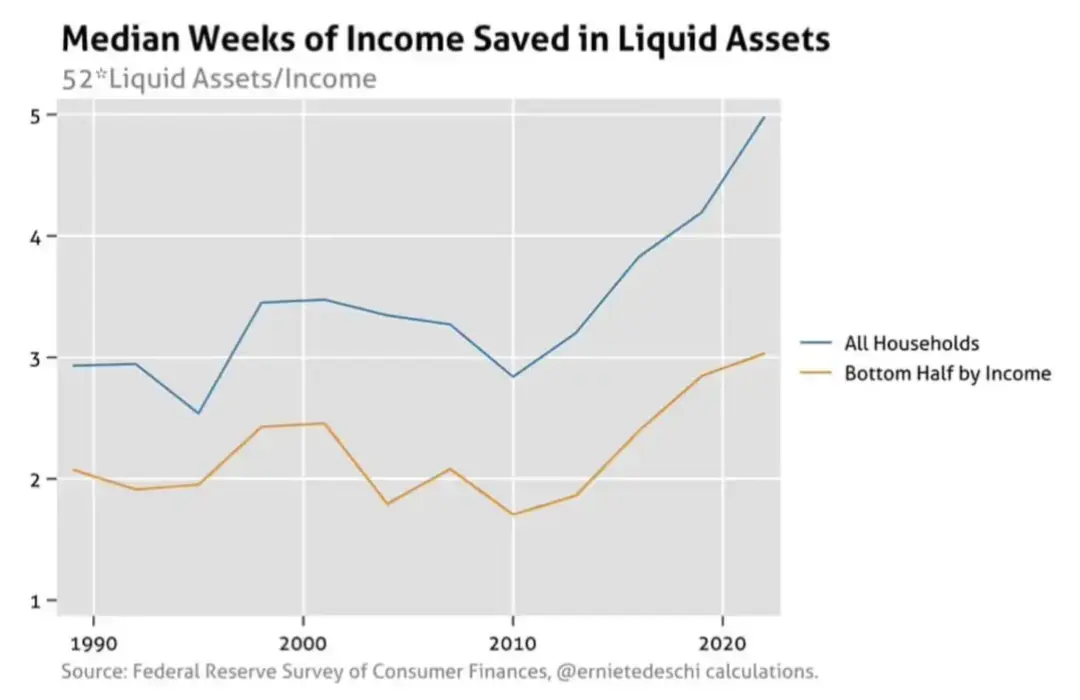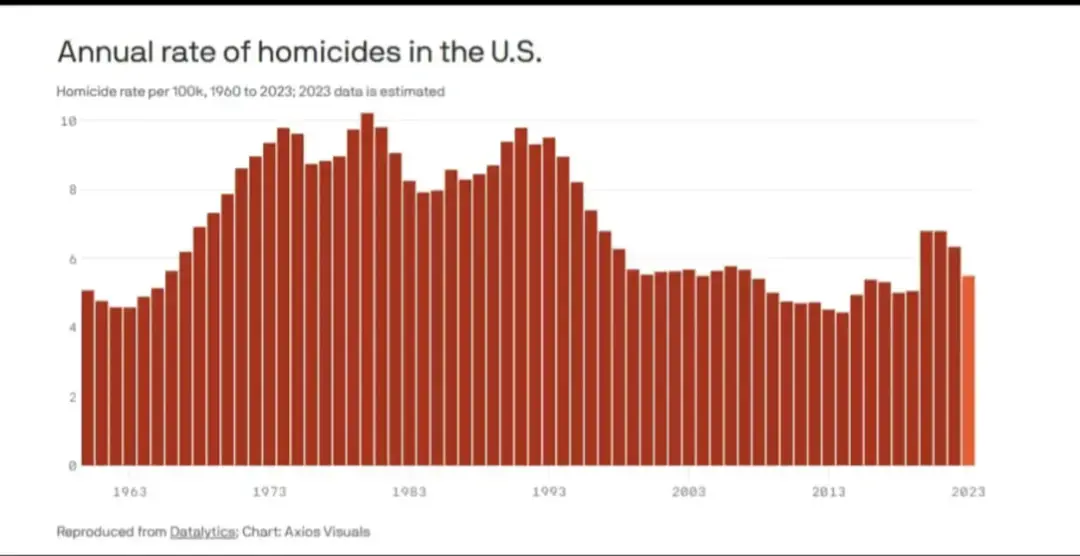DJ Grothe on Facebook writes:
The Economist just did a big cover article on how great the U.S. economy is. Here is an unpaywalled version.
Real GDP is +8% vs. 2019, making “America...the only big economy that is back to its pre-pandemic growth trend.” This is compared to just 3% for Europe, 1% for Japan, and 0% for Britain.
Economists across the political spectrum (excepting the goofy ideological ones that feature on Fox News a lot) give most of the credit to the three big laws passed by Biden: the huge Infrastructure bill (that Trump always promised but never delivered), the Inflation Reduction Act, and the CHIPs Act, which provide incentives to build stuff in the U.S. And of course they credit Biden’s American Rescue Plan, too.
Good policy matters. Time for some skeptical debunking of the economic doomerism.
Biden is getting more done for the people than any president since FDR:
A smaller percentage of Americans are uninsured now than ever in our history.
Child poverty is at historic lows, thanks to Biden's child tax credit in his American Rescue Plan.
Real wages are outpacing inflation for all socioeconomic quintiles.
The cost of living is actually going down (don't believe the doomers)
America is energy independent for the first time in 40 years, and has been a net exporter of oil every year since 2020.
The cost of a gallon of gasoline nationwide on average is around three dollars a gallon, which is just a little higher than it was under Trump, and actually lower than it was under George W Bush and Obama.
Natural gas prices are at 10-year lows.
Wealth inequality under Biden is narrowing for the first time in almost 20 years..
The wealth of the lower two socioeconomic quintiles have seen their average household wealth increase by over 50% just since 2019.
The stock market is on an historic bull run.
Violent crime, including the murder rate, is lower than it’s been in nearly 50 years.
There is actually less illegal immigration under Biden than under Trump, believe it or not. (There are many more illegal border crossings now than under Trump, sadly, but there’s an order of magnitude more detentions and deportations under Biden than there were under Trump, which actually results in less illegal immigration now than under Trump.

Unemployment is at almost a 50-year low, and it’s never been lower than it is right now for Black Americans and Latinos.
Average debt-to-income ratios for American families are falling, and bankruptcies are at historic lows.
The average American household has cash savings equal to five weeks of income, which is the highest ever on record, and it’s also the record highest for the bottom half of the population by income. 
Homicide rates have decreased since Trump.
Things certainly aren't perfect, but they are much better for all socioeconomic quintiles than they were in 2019, and much better by many measures than they've been in many many decades.
Thanks Biden!

Ah yes, real wages are up because we ignored inflation.
That's not what that sentence means.
People respond to prices by changing their purchase behavior. If prices go up for some things, people tend to buy less of those things, and if prices go down for some things, then people tend to buy more of those things.
Across the entire basket of stuff that people buy (measured by a weighted percentage of how people were spending their budgets the previous year), people tend to move away from the stuff that got more expensive and towards the stuff that got less expensive, so that the current household budget shifts less than the inflation measure does. It's called the substitution effect, and the CPI intentionally pretends it doesn't happen - so that the numbers can be more meaningful as a measure of price changes, at the cost of understating how households actually experience inflation.
https://en.wikipedia.org/wiki/Substitution_bias
That was a great simple explanation, thank you. I've certainly made some adjustments, and was thinking about it yesterday while shopping. Paper supplies have gotten so very expensive that I've (finally) purchased cloth napkins to use both for napkins and for smaller kitchen clean up jobs. I'll be using less paper, and more water for laundry. I'm estimating 1-2 loads worth of napkins per month. Pretty sure it will be both cheaper and more environmentally friendly than paper towels.